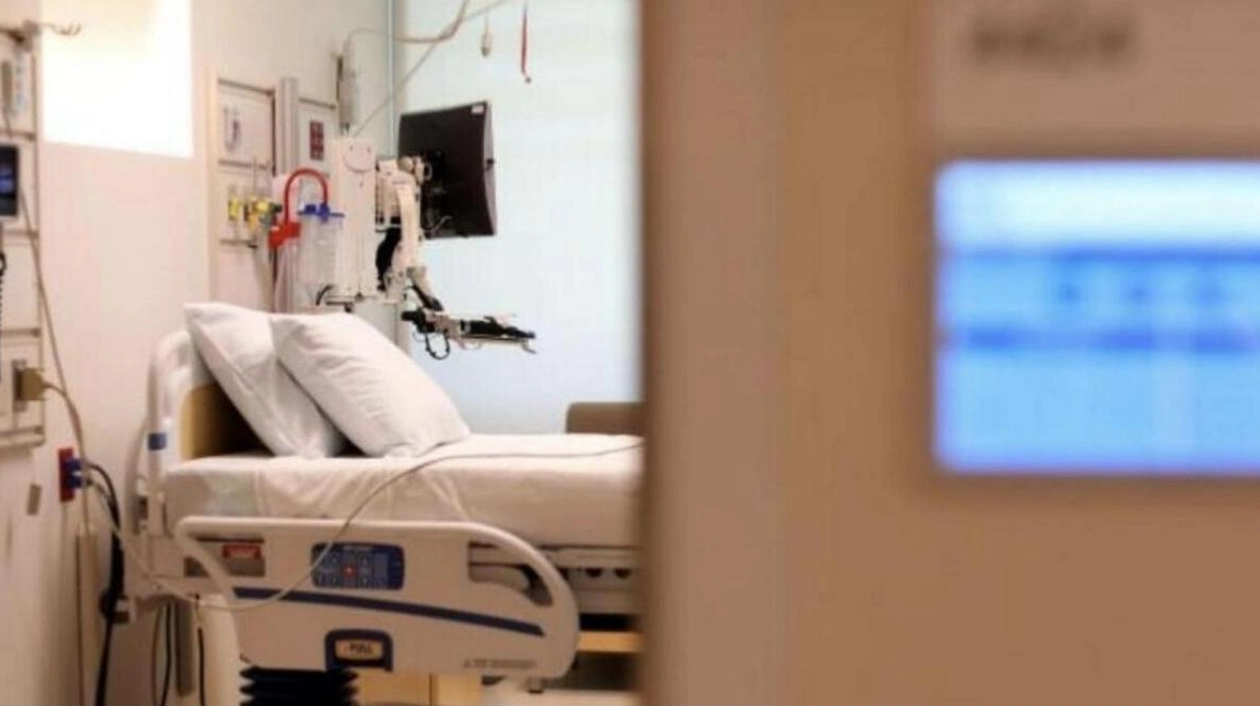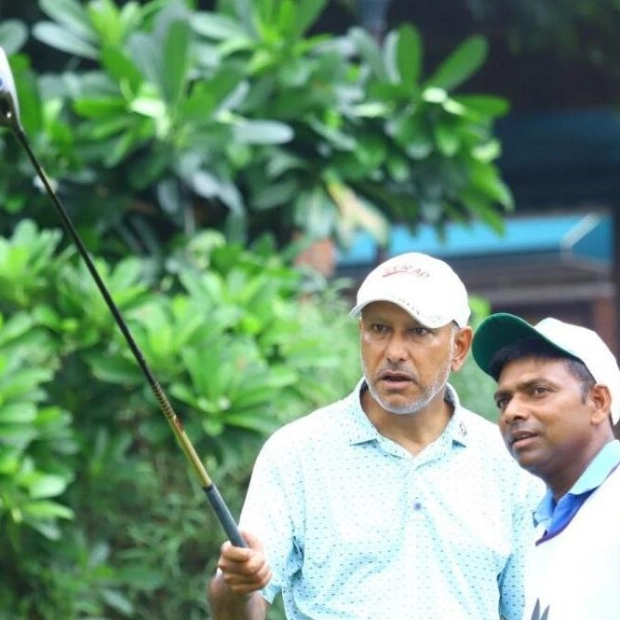M.K, a 31-year-old woman, faced a high-risk third pregnancy six years ago, following a stillbirth a year prior. During her third pregnancy, M.K underwent an abortion due to a chromosomal anomaly detected in the baby. Recently, she expressed relief at the UAE’s Ministry of Health and Prevention (Mohap) announcement regarding the procedures and controls for permissible abortions. “I had a stillbirth before, and doctors confirmed that continuing the pregnancy would gravely affect my health,” she explained. “In India, abortion was readily available, but I was concerned about the options in the UAE. Now, I feel reassured.” Mohap detailed conditions under which abortions could be requested, and a committee in each health authority would scrutinize such requests. The medical community applauded the move, noting that previously, some women had to seek safe abortion services abroad. Dr. Dani Hanna, from Canadian Specialist Hospital Dubai, highlighted that the amendment ensures critical healthcare is accessible domestically, enhancing women’s health safety. Dr. Kishan Pakkal, CEO at International Modern Hospital, praised the government for prioritizing women’s safety in abortion regulations. Dr. Jasbir G. Chhatwal, from Zulekha Hospital, noted the relief this policy brings to families dealing with fetal anomalies or maternal health risks. Dr. Amal Aburawi, from Saudi German Hospital Dubai, emphasized the reduction in physical and mental risks, and the provision of legal, supervised options. The decision on abortion requests will be handled by a committee including doctors and a Public Prosecution representative, ensuring compliance with international standards and individual rights, according to legal consultant Ghouson Bashir. James Clarke, from BSA Law, noted that while federal rules exist, implementation details at the emirate level are awaited.

Text: Lara Palmer
12.06.2024
Relief for Women as UAE’s Ministry of Health Clarifies Abortion Procedures and Controls





